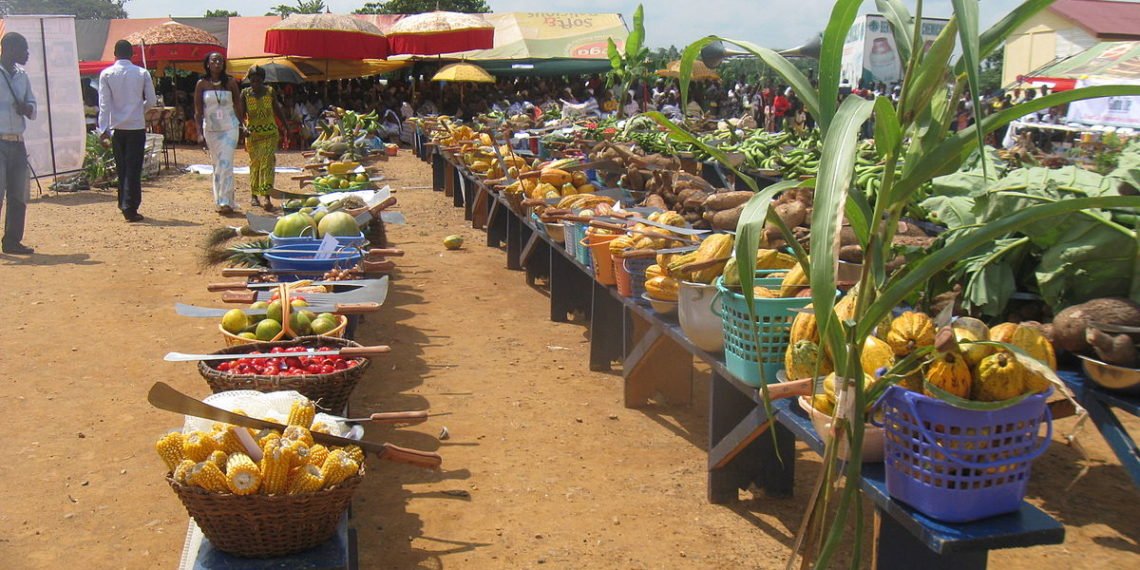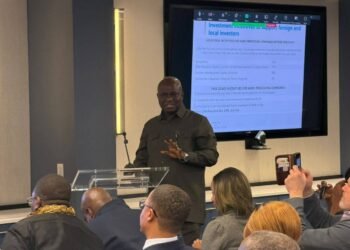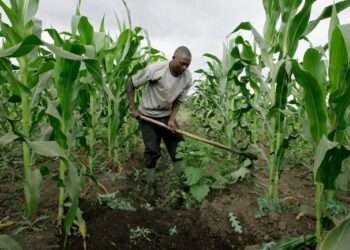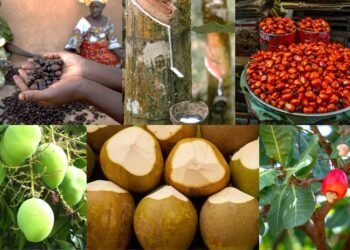African Church leaders have called on governments across the continent to mitigate the rate of persistent post-harvest losses as agricultural experts project a state of food insecurity due to the coronavirus pandemic.
The church officials made this call based on the recent bumper harvests some regions on the continent have gained but the lack of facilities could cause a probable loss.
According to church officials and agricultural experts, such losses in the past were seen to occur from the farms to dining tables which have been a major cause of hunger among rural communities.
The Secretary General of the Council of Anglican Provinces in Africa, Ven. J.W Kofi deGraft Johnson, indicated that though this year has seen considerable rain, there are no storage facilities or technology to preserve food post-harvest.
“A look at what is harvested and how it’s handled, it is visible that post-harvest food losses in Africa are high. There are no proper storage facilities or the technology to allow longer storage periods. Environmental conditions such as high humidity have been affecting the storage.”
Some experts estimate that in sub-Saharan Africa, the loss of food is around 100 million metric tonnes, with the estimated waste being much higher for perishable foods such as vegetables, fruits, meat and dairy. Some organizations estimate that the losses for grains alone amount to US$4 billion per year.
According to the Food Agricultural Organization (FAO) of the United Nations, the losses incurred are enough to feed about 48 million people for one year. They hold that the food lost could also fill the gap for all the food grain imported into Africa and the food delivered as humanitarian aid to the continent’s needy in one year.

Ven. Johnson also noted that bad roads linking farms to the markets have contributed to the post-harvest losses since the foods do not reach the markets at the right time. The absence of proper storage for perishable foods such as fruits and vegetables in the market also results in huge losses, he said.
As he highlighted on Ghana’s One District, One Warehouse initiative, he stated that the church is advocating for its implementation to enable the storage of grains and cool storage facilities along the coast which may boost fishing as well.
“Through member churches, we have been advocating the governments to put more investment in agriculture, technology, and scientific research in the sector. We believe the churches have a responsibility in the advocacy.”
Ven. J.W Kofi deGraft Johnson
Bishop Zakariah Wachira Kahuthu of the Kenya Evangelical Lutheran Church also indicated that post-harvest losses were a challenge the church has been tackling in its regions for several years.
“Recently, fewer people have reported losses after harvests, but the climatic disasters have been a major challenge. Floods in areas like Tana River, for example, have come and swept away crops that were ready for harvesting. We are now giving such people food and COVID-19 related material such as masks.”
At the moment, African governments are working to meet an African Union’s commitment to halve post-harvest losses by 2025. The commitment was agreed on in Malabo, Equatorial Guinea in 2014, as part of the pan-African organization’s efforts to end hunger in the continent by 2025.























